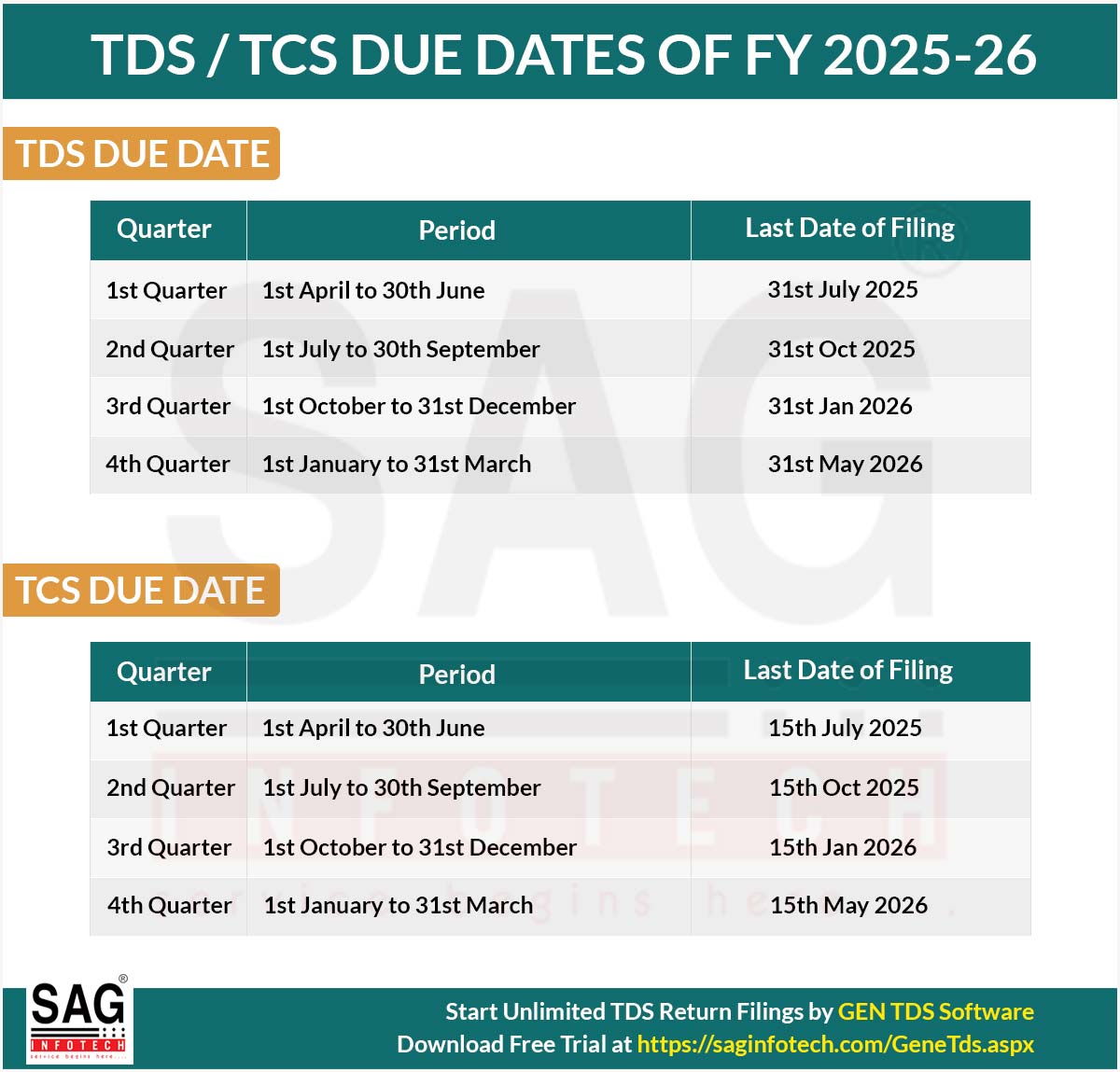

The Act was therefore unconstitutional because it violated the Constitution's rule that direct taxes be apportioned among the states. The Supreme Court decided that the Act's unapportioned income taxes on interest, dividends, and rents were effectively direct taxes. The case was decided by the United States Supreme Court in 1895. challenged the constitutionality of the Wilson–Gorman Tariff Act of 1894, which taxed incomes over $4,000 at the rate of two percent. The early taxes were based on assessments, not voluntary tax returns. 2 Alignment with state and District of Columbia holidays and changes in dateįederal income tax was briefly introduced with the Revenue Act of 1861 to help fund the Civil War, and subsequently repealed, re-adopted, and held unconstitutional.The federal government may set a different deadline for certain states, as it did when Patriots' Day conflicted. Natural disasters or public health emergencies, most recently the COVID-19 pandemic, also delay Tax Day when they prevent filing taxes on time, and state income agencies often delay their own submission deadlines to remain in common with that of the federal government. The date is delayed if it conflicts with a weekend or public holiday such as Emancipation Day. Tax Day was first introduced in 1913, when the Sixteenth Amendment was ratified. Since 1955, Tax Day has typically fallen on or just after April 15. In the United States, Tax Day is the day on which individual income tax returns are due to be submitted to the federal government. April 18 (Monday or Tuesday April 15 is Friday or Saturday).

Day federal income tax returns are due in the USĭue date for federal individual income tax returns


 0 kommentar(er)
0 kommentar(er)
